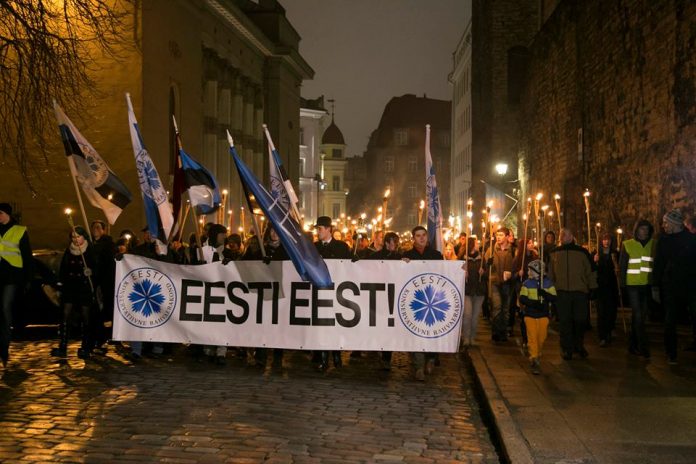The Centre Party leader and Prime Minister Jüri Ratas had a first taste of the kind of problems the Estonian far-right party could create to a coalition government.
The Estonian Conservative People’s Party (EKRE) tries to include in the agenda of a future coalition government a tough policy towards abortion. On Tuesday, March 23, Martin Helme, deputy chairman of the party accused doctors who have performed abortions of killing every year, 4,500 or more Estonian children before they are born in Estonia.
Estonia’s President Kersti Kaljulaid reacted immediately and condemned Helme’s acts. The remarks of the EKRE leading member have been criticised by the Estonian Medical Association (EAL) as well.
Prime Minister and Centre Party chairman Jüri Ratas also criticized far-right’s insistence.
“Blaming gynecologists and women for incredibly difficult but deeply personal decisions is unacceptable. (..) This has to end,” the prime minister wrote on social media Baltic News Network reports.
The result of the March 3 parliamentary election in Estonia gave a winner, the Reform Party of Kaja Kallas, a member of ALDE Group in the European Parliament. But, the day after three other parties launched negotiations to form a coalition government.
Jüri Ratas, whose party is an ALDE member as well, called on negotiations the far-right party EKRE and the Pro Patria, a nationalist and conservative party, despite the fact that ALDE’s President Guy Verhofstadt warned him that any deal with EKRE could seriously damage Centre Party’s position inside ALDE.
The proposed coalition government could create major problems for the Baltic state.
Ratas’ two potential allies share conservative family values, anti-immigration and anti-EU positions.
But while Pro Patria is an EPP member, EKRE defends ultra-conservative and nationalist ideas.
EKRE’s rise was an electoral surprise. It increased its vote share to 18% (8% in 2015) and became the third largest party in the 101-seat Riigikogu (Parliament).
EKRE’s participation in a coalition government threatens to further divide Estonian society since it supports the marginalization of the Russian-speaking community (who represents quite 25% of the population).
What is more, leading members of the party made often racist statements while its views regarding the independence of the judiciary and rule of law in general are in direct contrast with EU values.

